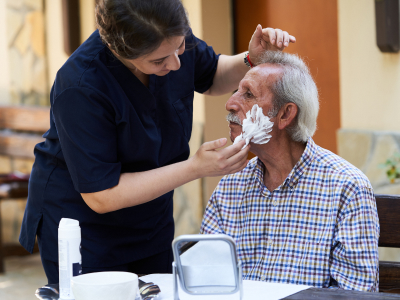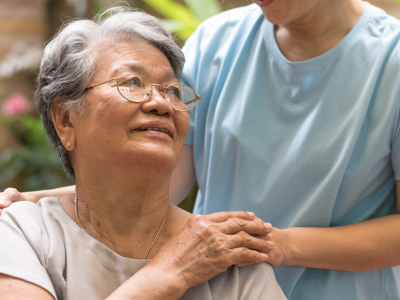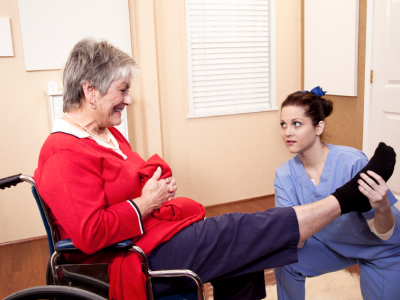What is Post-Hospitalization Care?
Post-hospitalization care is crucial for seniors recovering after a hospital stay. This period, often marked by vulnerability and increased risk of complications, demands careful management to ensure a smooth transition back to everyday life. It’s not just about physical recovery; emotional and mental well-being are equally important for a holistic approach to healing.
The concept of “post-hospital syndrome” highlights the risks associated with hospitalization, especially for the elderly. It encompasses a range of issues that can arise due to hospital-induced stress, disruption of routines, and the physical effects of bed rest and medication. Effective post-hospitalization care addresses these challenges, aiding seniors in regaining strength, stability, and confidence.
Who needs Post-Hospitalization Care?
Seniors are particularly vulnerable during the 30 days following hospital discharge, facing risks such as re-hospitalization and health complications. This need for post-hospitalization care intensifies for those with weakened immune systems or cognitive issues, and for those who live alone without regular support.
Common issues necessitating such care include transportation needs, malnutrition risk, physical deconditioning, and medicine management. These challenges highlight the importance of comprehensive care for seniors in their post-hospital recovery phase.
What's included in Post-Hospitalization Care?
A Smooth Transition and
Enhanced Recovery

Personalized Care Plans

Assistance with Daily Activities

Emotional Support and Companionship

Physical and Occupational Therapy

Rebuilding Reserves

Awareness of Health Risks

Gradual Reintegration into Activities

Re-infusing Routine into Daily Life

Preventing Exposure to Illness
Frequently Asked Questions
What is post-hospital syndrome?
Can post-hospitalization care aid in preventing rehospitalization?
How does physical therapy contribute to post-hospital care?
What are signs and symptoms of post-hospital complications?
How long does post-hospitalization care typically last?
What should families do to prepare for a senior's return from the hospital?
Families should prepare the home environment for safety and accessibility, understand the senior’s care plan, and arrange for necessary support services. This includes setting up a comfortable space for recovery, ensuring medication management, and planning for assistance with daily activities and any medical care requirements.
Read our blog on post-hospitalization:
Smooth Homecoming: Navigating the Elderly Hospital Discharge Process
Are there specific conditions that require more intensive post-hospitalization care?
How much does post-hospitalization care cost?
The cost of senior care can vary widely depending on factors such as location, the level of care needed, and specific services required. More specialized care, such as dementia care or around-the-clock assistance, may be significantly more expensive than simple companion care.
To get accurate and personalized cost estimates, an assessment should be conducted to determine individual needs and circumstances.
As a starting point, some weekly ranges are listed below, segmented by hours scheduled per week.
- 4 – 12 hours/week
- $100 – $420
- 12 – 20 hours/week
- $320 – $700
- 20 – 40 hours/week
- $550 – $1,400
- 40 – 60 hours/week
- $1,080 – $2,100
- Average weekly hours nationally is 44.
- The hours you receive will be determined by a trained professional based on your unique care needs.


